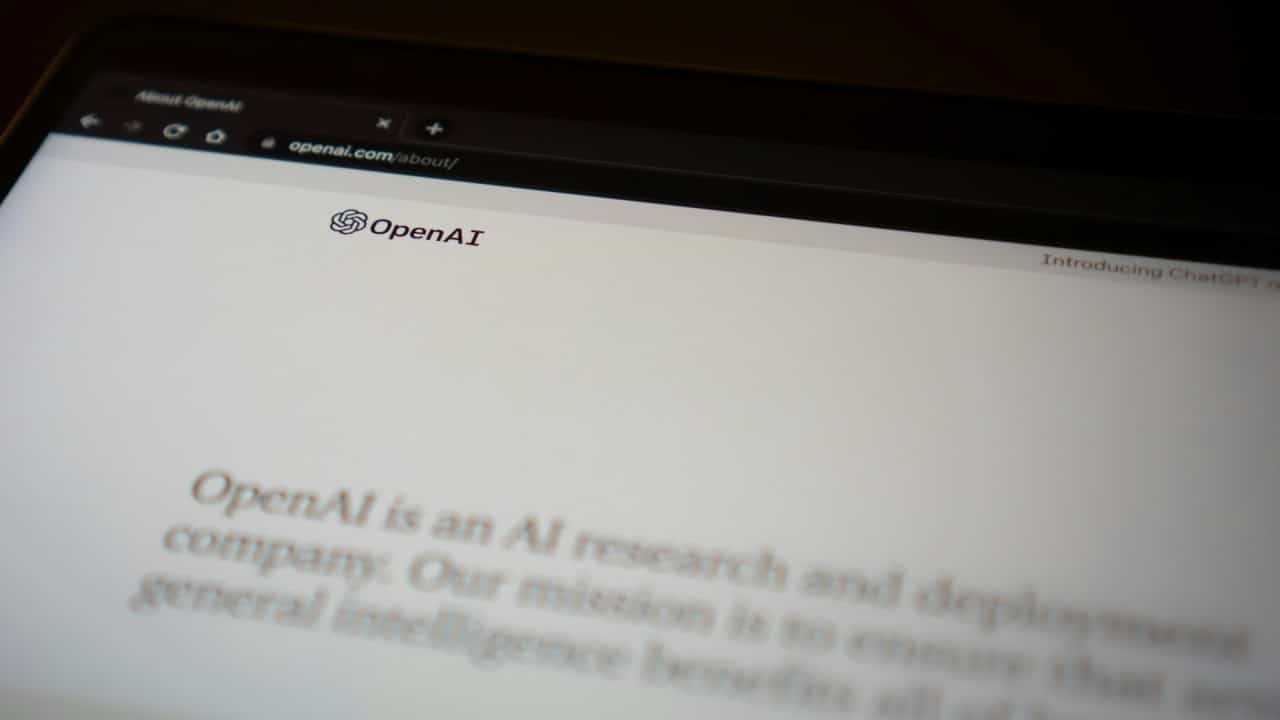AI-driven platforms like ChatGPT, Gemini, and Perplexity are rapidly reshaping how people ask questions, find information, and make decisions. But there’s a growing misconception in the marketing world—and it’s already leading some companies down the wrong path.
Let’s set the record straight.
AI Search Isn’t a Decision Engine (Yet)
Right now, too many businesses are assuming AI tools are replacing traditional search behaviors wholesale—that buyers will fully trust a ChatGPT response and immediately fill out a form, sign up, or buy.
That’s not the case.
In its current phase, AI search is primarily an educational and top-of-funnel discovery tool. It’s attracting two types of users:
- Tech-savvy decision makers who prefer fast summaries
- Curious researchers exploring early questions before deeper research
If your product or service depends on trust, reputation, or visual inspection (e.g. home services, B2B consulting, healthcare), AI isn’t closing the loop—yet.
Not Every Business Wins with the Same Playbook
At Massif, we’ve always believed that no two brands win with the same strategy. Some thrive through content-rich websites and organic SEO. Others dominate through performance ads. Some don’t even touch social media—and they’re still scaling.
AI search is no different. It’s not a “set it and forget it” channel or a universal lead gen machine.
The real opportunity lies in using AI platforms to shape brand discovery early—when buyers are forming opinions and building trust long before they’re ready to convert.
Our Approach to AI Search Optimization
At Massif, we’re evolving SEO for LLMs by focusing on 3 core areas:
- Prompt Behavior Analysis – We study how users phrase real questions inside tools like ChatGPT and Gemini—and what responses those prompts trigger.
- Content + Schema Alignment – Educational content is still king, but only when backed by advanced schema markup, clear structure, and citations from trusted sources AI tools recognize.
- Search Intent Mapping – We’re helping brands understand where AI fits into the buyer journey—and when it doesn’t—so they avoid overinvesting or overhyping what AI visibility really means.
Most traditional SEO principles (fast-loading pages, credible content, clear topic authority) still matter—but they need to be restructured for AI readability and semantic depth.
What Marketers Should Focus on Right Now
This shift isn’t about abandoning what works. It’s about adapting with intent.
The marketers who win in this next wave won’t be the ones who rush to inject keywords into ChatGPT prompts. They’ll be the ones who:
- Stay agile
- Understand their customer’s research behavior
- Know when AI is useful—and when it’s not
- Create content that earns trust from both humans and machines
If you’re clinging to the old SEO playbook or expecting AI to do all the work, 2025 will be a hard year. But for those who adapt now, the upside is real—and growing.

